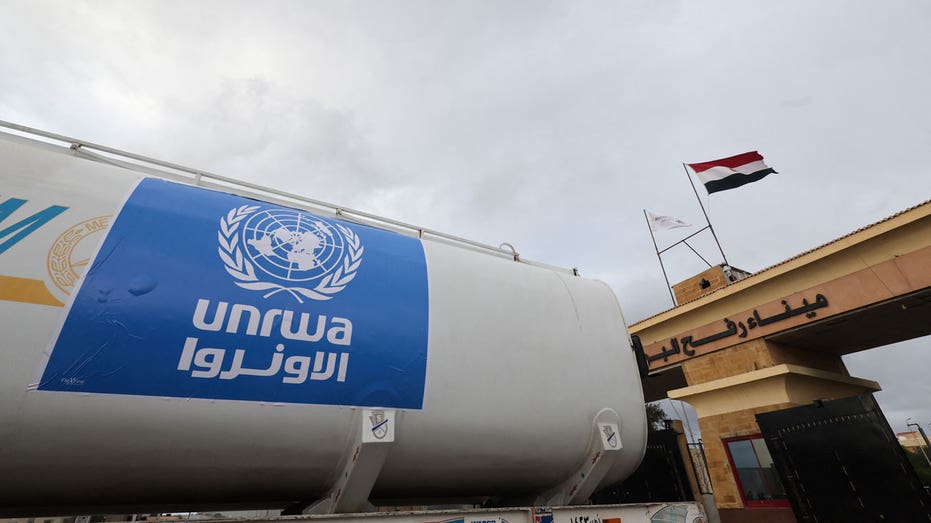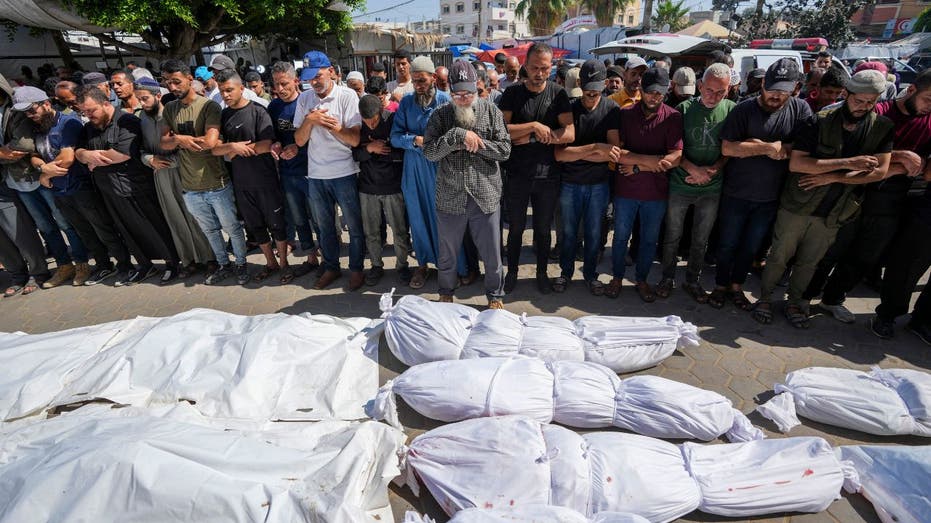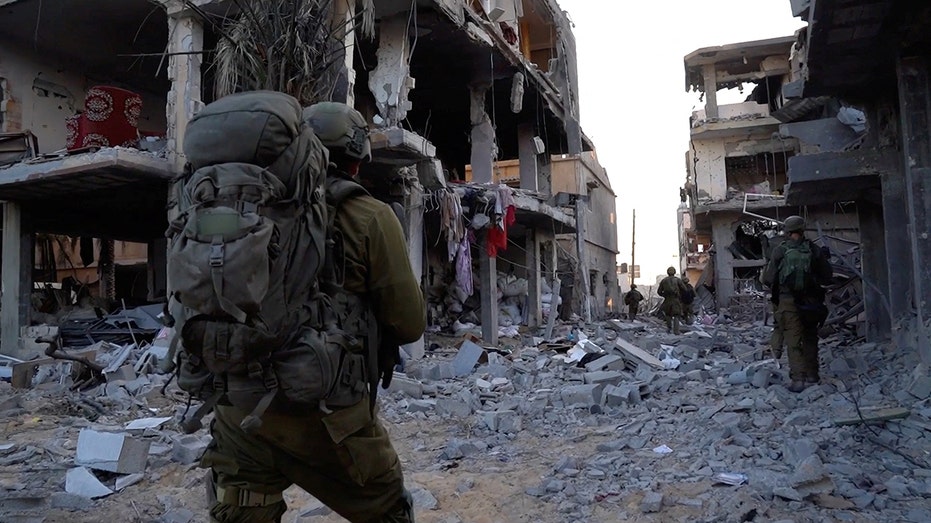Many countries that paused funding to the U.N. Palestinian refugee agency are likely having second thoughts and payments could resume soon, Norwegian Foreign Minister Espen Barth Eide said on Wednesday.
Several countries, including the United States and Britain, paused their funding to UNRWA after accusations by Israel that a dozen of its 13,000 staff in Gaza took part in the Oct. 7 Hamas attack on Israel.
Norway, a top donor to UNRWA, has maintained its funding and transferred $26 million in February, its regular annual contribution, and said more could come. It is also lobbying countries that have paused funding to resume.
“I think that a large number of those countries who suspended are (having) second thoughts,” Barth Eide told Reuters in an interview, citing the recognition from these nations that “they cannot punish the whole Palestinian society”.
“This is increasingly recognized and agreed by many,” he said, after meeting Norwegian aid organizations to take stock of the humanitarian situation in Gaza.
“But then, of course, they need an honorable way out, which means they are hoping, I think – without speaking for individual countries – that they will get something from these investigations that suggest that they can say: “well, we needed to suspend, but now we’re back’.”
The U.N. is conducting an internal probe, while former French Foreign Minister Catherine Colonna is leading an independent review.
UNRWA sacked the staff accused by Israel of involvement in the Oct. 7 attacks, saying at the time that the Israeli allegations – if true – were a betrayal of U.N. values and of the people UNRWA serves.
Juliette Touma, UNRWA director of communications, said none of the 16 donors which had frozen their funding had resumed yet, and urged them to reconsider their decisions.
“We are operating from hand-to-mouth. That’s how we got through February. That’s how we will get through March,” she told Reuters. “Every penny counts.”
The head of the UNRWA, Philippe Lazzarini, warned on Monday of “a deliberate and concerted campaign” aimed at ending its operations as Israel accused the organisation of employing over 450 “military operatives” from Hamas and other armed groups.
The war in Gaza began when Hamas fighters attacked Israel on Oct. 7, killing around 1,200 people and seizing 253 hostages, according to Israeli tallies. Israel’s air and ground campaign in Gaza has since killed more than 30,000 Palestinians, health authorities in the Hamas-run enclave say.
It was difficult for the U.S. to “come back” to UNRWA, the Norwegian minister said, but there could be solutions, he said, with an “understanding between the U.S. and Europe” on sharing the work.
“The U.S. could do more of something else and Europeans (could) concentrate more on UNRWA,” he said, adding that “the combination of Europeans stepping up and Arab states (as well) is probably necessary”.
Qatar said on Wednesday it would give an extra $25 million to the U.N. agency. Iraq pledged the same amount.
There had been suggestions early on by some donors to replace UNRWA with another humanitarian organization, Barth Eide said, but that idea was now “off the table”.
“They were told by the rest of the international humanitarian community, U.N. agencies and NGOs that there is no way to do that in time,” he said.
On Friday the European Commission said it would pay $54 million to UNRWA but hold back 32 million euros while it investigates the Israeli allegations.
EU foreign policy chief Josep Borrell said the continued funding showed that the EU acknowledged UNRWA “as an irreplaceable actor”.
Britain is awaiting the outcome of the Colonna-led review, a spokesperson for Prime Minister Rishi Sunak said.
The UK government expects the report in the coming weeks and will then provide an update. Britain has distributed all its planned funding for UNRWA for this financial year. Its next payment – around 35 million pounds – is due in May.




